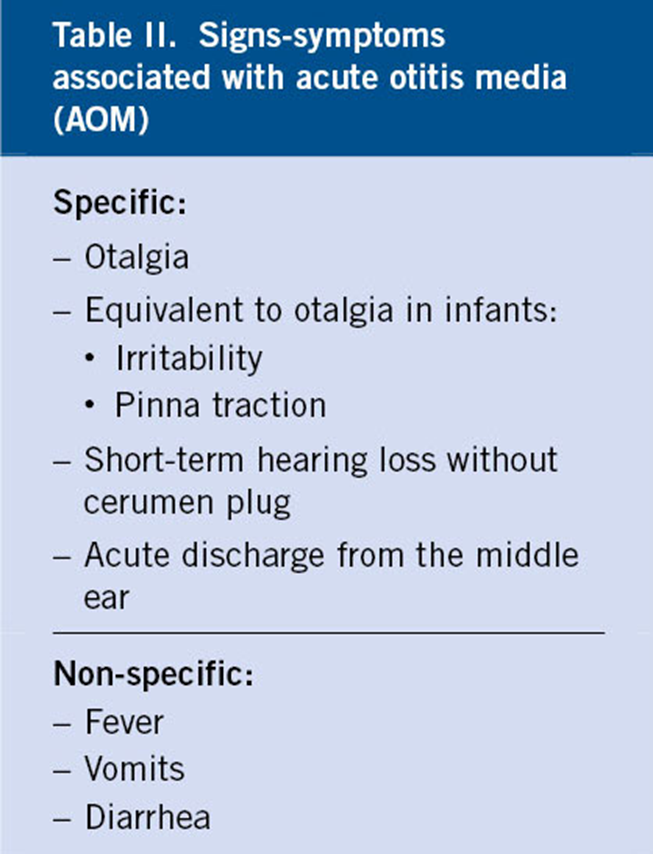A school nurse is completing routine health evaluations for school-age children. Which of the following manifestation should alert the nurse to the possibility of pediculosis capitis?
Patches of baldness
Blisters on the scalp
Dry patches on the scalp
Reports of scalp itchiness
The Correct Answer is D
A. Patches of baldness: Patches of baldness on the scalp could be indicative of conditions like alopecia areata, a disorder characterized by hair loss in patches. However, it is not a typical manifestation of pediculosis capitis, which primarily presents with scalp itchiness due to lice bites rather than hair loss.
B. Blisters on the scalp: Blisters on the scalp may suggest other conditions such as herpes simplex infection or contact dermatitis. While scratching from head lice infestation could lead to skin irritation, blisters are not a common presentation of pediculosis capitis.
C. Dry patches on the scalp: Dry patches on the scalp might be caused by conditions like seborrheic dermatitis or eczema. While scalp dryness can occur with pediculosis capitis due to irritation from scratching, it is not a specific symptom associated with head lice infestation.
D. Reports of scalp itchiness: Scalp itchiness is a hallmark symptom of pediculosis capitis. It occurs as a result of lice bites and the body's inflammatory response to their saliva. It is the most characteristic and common manifestation of head lice infestation and often prompts further examination for the presence of lice or their eggs (nits).
Nursing Test Bank
Naxlex Comprehensive Predictor Exams
Related Questions
Correct Answer is B
Explanation
A. Increase in appetite: Otitis media, an infection or inflammation of the middle ear, typically causes discomfort and pain in infants. As a result, they may experience a decrease in appetite rather than an increase.
B. Tugging on the affected ear lobe: Tugging or pulling on the affected ear lobe is a common sign of ear pain in infants with otitis media. It occurs because the pain from the middle ear extends to the outer ear canal.
C. Erythema and edema of the affected auricle: Otitis media primarily affects the middle ear, so erythema (redness) and edema (swelling) are not typically observed on the outer ear (auricle). Instead, these symptoms are more commonly seen in external ear infections, such as otitis externa.
D. Bluish-green discharge from the ear canal: Bluish-green discharge from the ear canal is not a typical finding in otitis media. It may suggest a secondary bacterial infection or another underlying condition, but it is not a characteristic feature of otitis media.

Correct Answer is D
Explanation
A. "I will have to feed my baby formula, rather than breast milk." - This statement indicates a misunderstanding. Breast milk is generally preferred for infants with gastroesophageal reflux (GER) because it is more easily digested and less likely to exacerbate reflux symptoms compared to formula. Breastfeeding mothers may be encouraged to continue breastfeeding, and formula-fed infants may benefit from specialized formulas designed to reduce reflux symptoms.
B. "I should move my baby into a side-lying position during sleep." - This statement indicates a misunderstanding. Placing an infant in a side-lying position during sleep is not recommended due to the risk of sudden infant death syndrome (SIDS). Instead, infants with GER should be placed on their back to sleep, as recommended by safe sleep guidelines. Elevating the head of the crib or bassinet slightly may also help reduce reflux symptoms during sleep.
C. "My baby's formula can be thickened with oatmeal." - This statement indicates an understanding of the teaching. Thickening formula with oatmeal or rice cereal can help reduce gastroesophageal reflux (GER) symptoms in infants by making the formula heavier and less likely to reflux back into the esophagus. However, this should only be done under the guidance of a healthcare provider to ensure proper preparation and feeding technique.
D. "I will keep my baby in an upright position after feedings." - This statement indicates an understanding of the teaching. Keeping the baby in an upright position after feedings can help reduce reflux symptoms by allowing gravity to keep the stomach contents down. Parents can hold the baby upright on their shoulder or in an infant seat for a period of time after feeding to minimize reflux episodes.
Whether you are a student looking to ace your exams or a practicing nurse seeking to enhance your expertise , our nursing education contents will empower you with the confidence and competence to make a difference in the lives of patients and become a respected leader in the healthcare field.
Visit Naxlex, invest in your future and unlock endless possibilities with our unparalleled nursing education contents today
Report Wrong Answer on the Current Question
Do you disagree with the answer? If yes, what is your expected answer? Explain.
Kindly be descriptive with the issue you are facing.
